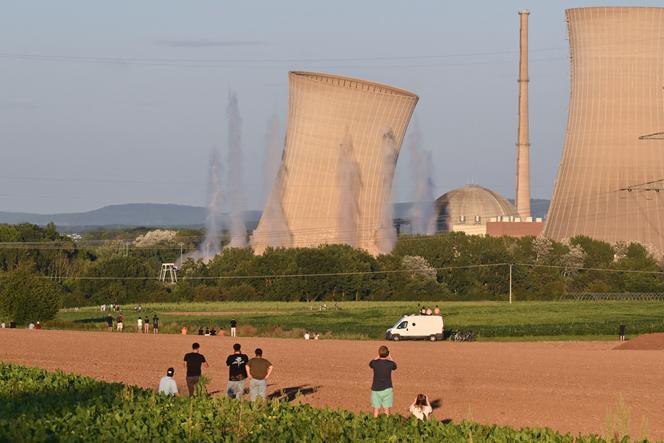


Nuclear energy, a perennial source of friction between France and Germany, has become a point of division within the coalition governing Berlin since May 6. The conservatives of the Christlich Demokratische Union (CDU, center-right) support nuclear energy, while the Social Democratic Party (SPD, center-left) opposes it. Germany closed its last nuclear plants in 2023, so it is the French nuclear sector – and that of other European Union member states that have chosen atomic power – that has sparked debate across the Rhine. The main fear: that German taxpayers' money could end up funding this using the European Union budget.
The issue is expected to be a key topic at the meeting between German Chancellor Friedrich Merz and French President Emmanuel Macron, scheduled for July 23 in Berlin. The meeting is intended to lay the groundwork for the Franco-German Council of Ministers, planned for late August.
France has long advocated that nuclear energy should not be penalized in Brussels, as atomic power accounts for nearly 70% of its primary energy production. After years of fierce debate between Berlin and Paris, France hoped for a policy shift with the return of conservatives to power in Germany, especially since Merz presented himself as a staunch supporter of nuclear energy. The CDU-CSU campaign platform stated they wanted to "keep the nuclear energy option open" by investing in fourth- and fifth-generation reactors, small modular reactors (SMRs) and fusion technology. The platform even highlighted its intention to "consider reactivating the last nuclear plants that had been closed."
You have 77.06% of this article left to read. The rest is for subscribers only.
